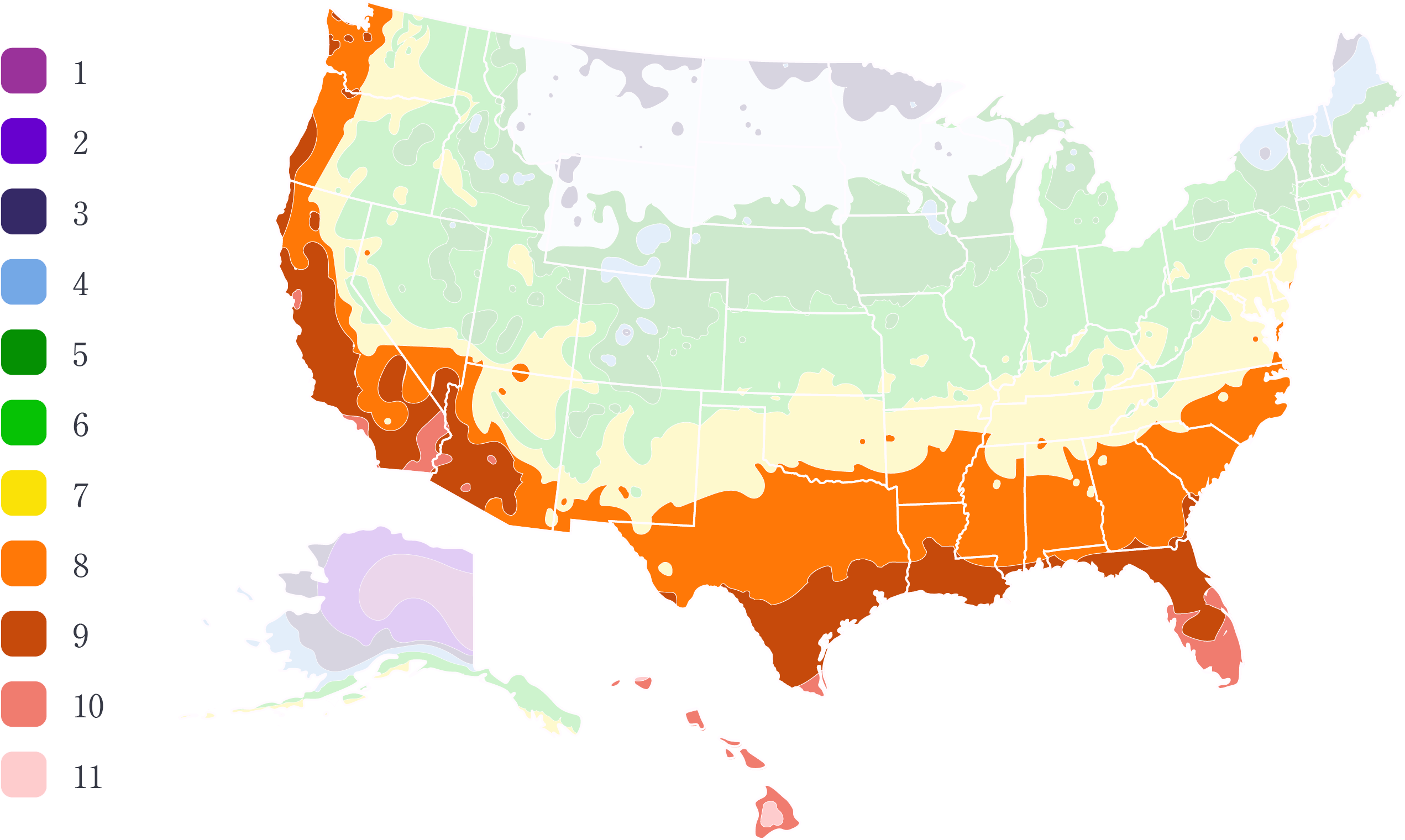
Fig Trees Buying & Growing Guide
December 30, 2022. Fig wax scale (Parlatoria blanchardi) is a serious pest of fig trees (Ficus carica) in many parts of the world. The scale insects suck the sap from the tree, causing the leaves to yellow and drop off. The tree may also produce fewer and smaller fruits. Fig wax scale can be controlled with regular applications of horticultural.

How To Get Rid Of Scale On Your Fiddle Leaf Fig
Figs are members of the Mulberry family, Moraceae, which is one of the largest woody plant families. This family includes other fruit-bearing trees like jackfruit, breadfruit, and of course mulberry. Edible fig is a deciduous plant that requires about 100 hours of chilling temperatures to grow and set fruit. Although the tree can reach 50 feet.

Fig wax scale Citrus Pests
Mix all of the pollen from one fruit with a solution of 2 percent sucrose and 100 milliliters of distilled water. Put this in a syringe. Take a developing fig on the tree and inject this solution into the center of the base of the fruit until the fig is filled and the liquid starts to squirt back out the base.

In Lee's Garden Now THINGS NOT SO ROSEY
Use Horticultural Oil. Horticultural oil is a safe and effective way to get rid of scales on your fig tree plant. It works by suffocating the insects and disrupting their life cycle. To use horticultural oil, mix it with water according to the instructions on the label and apply it to the affected areas of your fig tree plant using a spray bottle.

Scales On A Fig Tree Leaf Stock Photo Download Image Now Adelaide, Agriculture, Animal iStock
When looking at a fig tree, scale can appear as small, raised bumps on the leaves, stems, or fruit. In more severe cases, the tree may be covered in a sticky substance called honeydew, which is excreted by the scale as it feeds. If left untreated, scale can cause leaf yellowing, leaf drop, and stunted growth. 1/8 Inch Bugs Crawling Around Your.
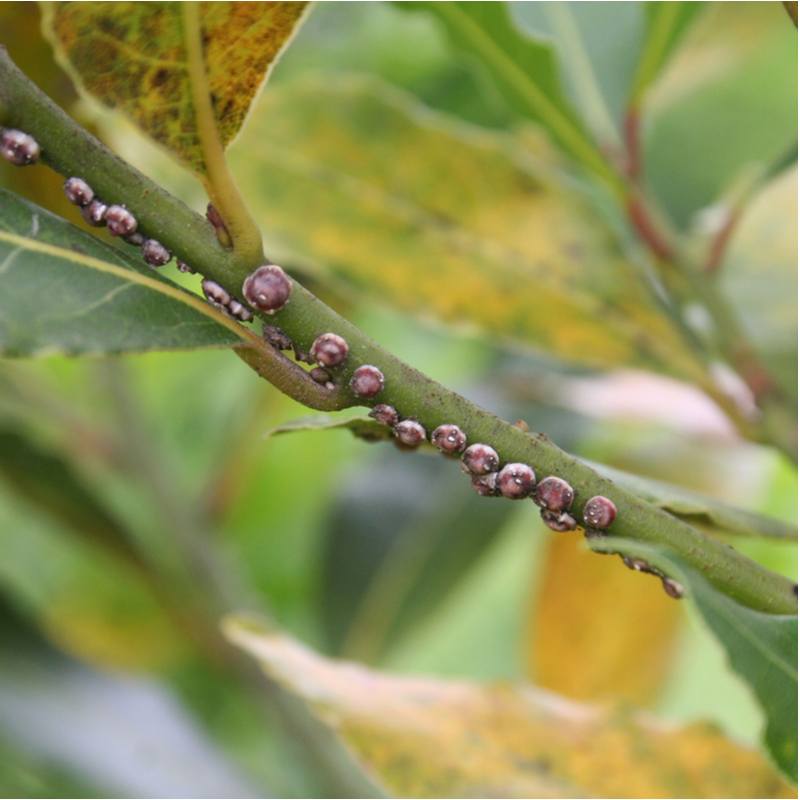
Tree Scale What Is It and How Do You Treat It? PPM Tree
Why Did Scale Attack Your Fig Tree? Scales grow in warm and dry environments. So, if you are growing fig trees in warm and dry locations, it is likely to be infected by scales. Besides, growing fig trees in a dirty pot can also cause the growth of scales. Though reusing plant pots is not bad, you must clean the plant pots properly before.
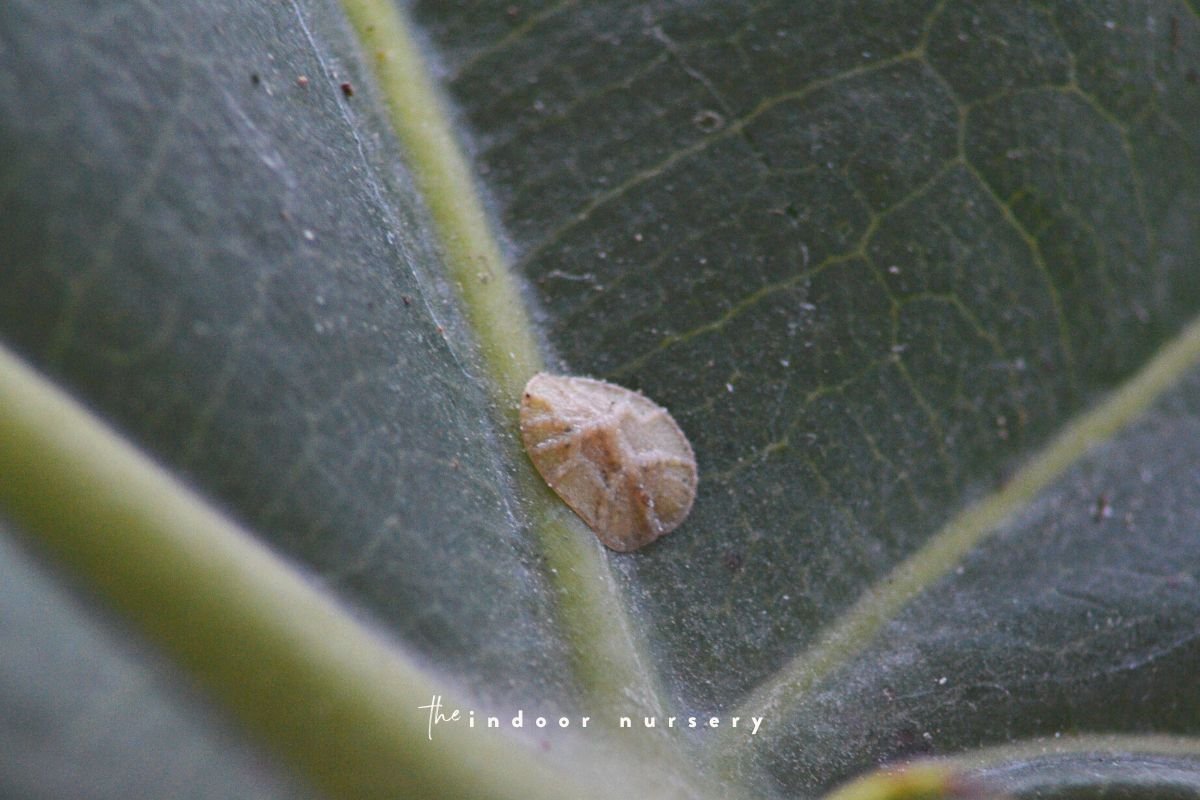
What does scale look like on plants? Here is my collection of pictures. The Indoor Nursery
Once the number of scale crawlers caught on the tape begins to decline, apply horticultural oil. Spray the ficus thoroughly with horticultural oil. Cover the bark and foliage as completely as possible. Wrap the ficus trunk with a thin band of tree wrap or masking tape and coat this wrap with a sticky material designed to trap ants if you.
Plant Profiles Figs
Fig beetle; Fig mite; Fig scale; Fig tree borer; Navel orangeworm; Fig Tree Pest Control. There are several plans of attack when treating bugs on figs. Not every pest is controllable, however. For instance, the fig tree borer lays its eggs near the base of a branch and then the resulting larvae hatch and tunnel into the tree.

Scale on Figs Gotta watch out for these buggers YouTube
A wasp parasite (Aphytis sp.), imported in 1949 from France, generally gives excellent control of the fig scale. If the scale parasite has been disrupted for some reason, chemical control may be necessary. Treatments applied during the dormant season will adequately control the scale in most cases and have the least disruptive effect on the parasites.

Identifying Tree Scale Insects In Pennsylvania Lawn RX
Common Fig Scale . The common fig scale (Lepidosaphes conchiformis) is a type of armored scale insect that is often found on fig trees. They are small, oval-shaped insects that have a protective, waxy covering. These scales can be gray to brown in color and are often found on the stems and leaves of the fig tree. Other Scale Insects Affecting.
COLOURFULWORLD Fig Jam
Leaves will fall when a tree is under stress. Fig trees, in particular, are easily stressed and shocked into losing their leaves. It will make new leaves, but unless the source of stress is relieved, they will fall again. Outdoors beneficials, like lady bugs, can help by devouring the scale pests.
Scales on fig tree 245996 Ask Extension
The scale body is flat and oval, light brown to yellowish in color with brown stippling, and 2.5 to 4 mm long (Fig. 11). This scale gives birth to pale yellow crawlers. Males are uncommon. Soft brown scales secrete large amounts of honeydew and the adjoining foliage becomes heavily coated with sooty mold.
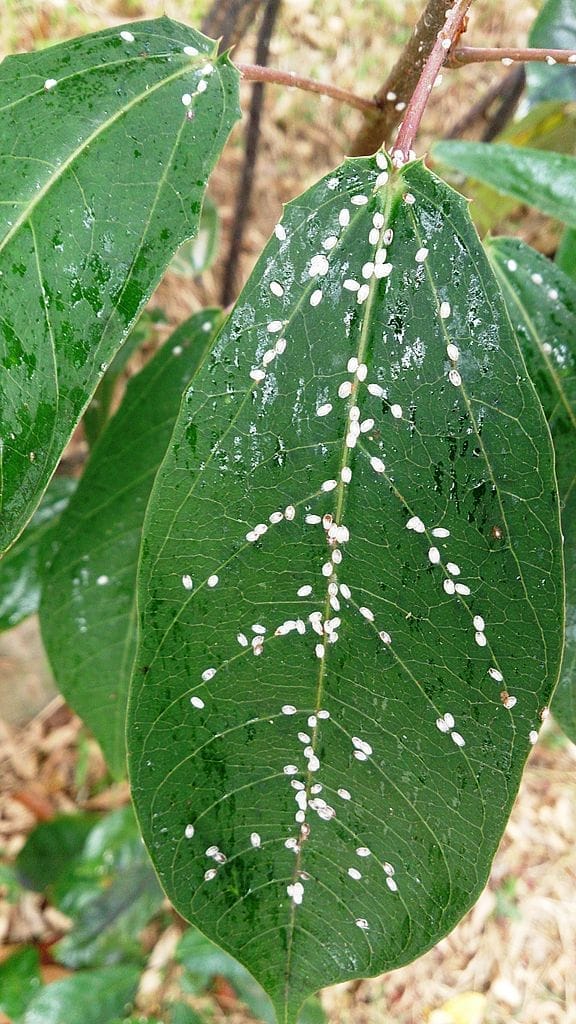
Plant Pests Scale & Thrips & How To Control Them
Set out your dormant, bare-rooted fig trees in late fall to early spring. In addition to full sunlight, fig trees appreciate lots of room. If you're planting more than one tree, make sure they have 15 to 20 feet (5-6 m.) between them. If you want to train the trees to be bushy and lower growing, plant them with 10 feet (3 m.) between them.

fig scale (Lepidosaphes conchiformis ) on fig/banyan (Ficus spp. ) 5120040
Step 3: Treat with Houseplant Leaf Armor (or alcohol or neem oil). Use our Houseplant Leaf Armor, designed for houseplants to protect against insects, bacteria, and fungus. This product works just like neem oil but without the unpleasant smell (As an added bonus, it also cleans and adds shine to your houseplant's leaves.)

wax scales (Genus Ceroplastes)
The fruit is safe to eat. Scale are usually not a big problem on fruit trees but your tree appears to have quite a few scale insects. You can treat them by spraying all parts of the branches with horticultural oil. Next winter, just prior to spring growth, spray the branches with a dormant oil spray making sure to get good coverage of all.
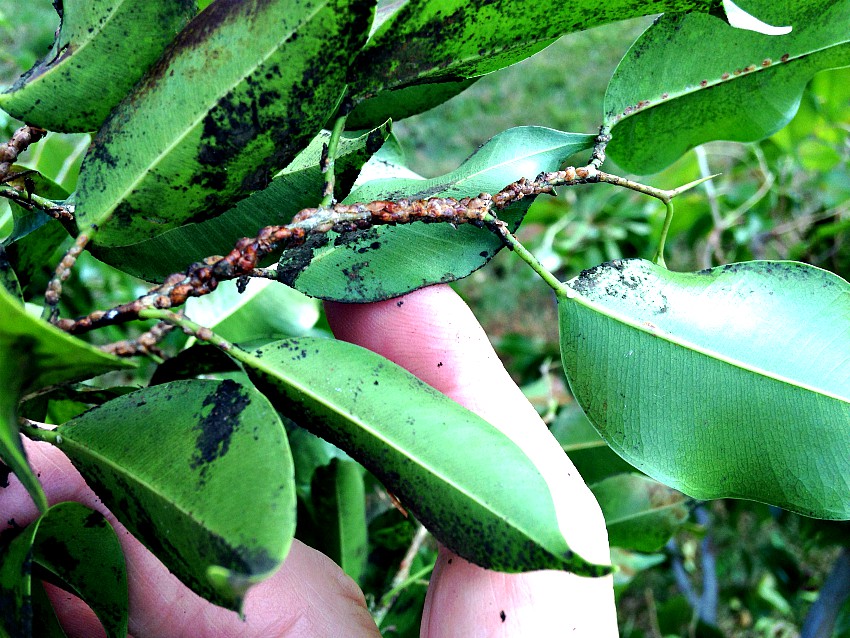
insectsbugshouseplantsscale
These are adult scale insects, a common pest of weeping figs grown indoors. Gently scrape off the scale using your fingernail or an old toothbrush. Then spray the plants with insecticidal soap or Neem to kill the translucent immature scale that are sure to be present. Continue the treatment once a week or so until the scale are no longer.